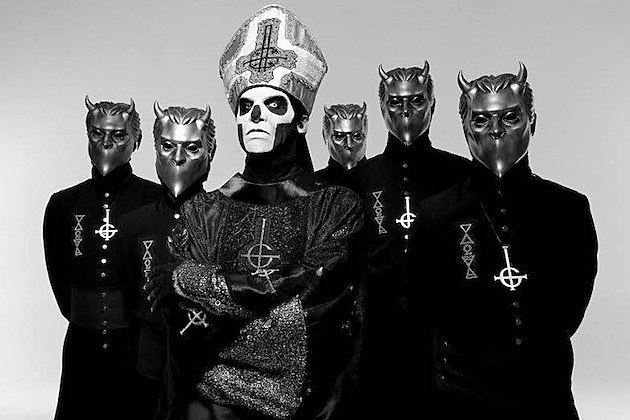Unveiling the Mysteries of the Term "Ghost": A Deep Dive into its Definition and Meaning
Table of Contents
- Ghost - YouTube
- The Silent Treatment - Why Companies Ghost You & How to Fix it
- Ghost Reveals What's Next For the Open-Source Blogging Platform
- Ghost på ved med en biograffilm – Diskant.dk
- GHOST Streams New Song “Absolution” | Dead Rhetoric
- Ghost - YouTube
- Is That a Ghost? Nope, It's a Weather Phenomenon - NBC News
- Ghost No Longer Obligated to Use 'B.C.'
- b**p | by young people for young people 7 Ways to Know Your House Is ...
- David Fathi - The Machine Seems to Need a Ghost



Definition of Ghost



Etymology of the Word "Ghost"



Meaning and Connotations
The term "ghost" carries a range of connotations, from the frightening and malevolent to the benign and harmless. In popular culture, ghosts are often depicted as eerie, transparent beings that haunt abandoned houses, cemeteries, and other locations with a dark history. However, in other contexts, ghosts can represent a connection to the past, a symbol of love or loss, or even a manifestation of one's own subconscious.
Merriam-Webster's Examples
Merriam-Webster provides several examples of how the term "ghost" can be used in different contexts. For instance: "The ghost of a former president is said to haunt the White House." "She felt a ghost of a touch on her shoulder, but there was no one there." "The company's financial troubles have left it a ghost of its former self." These examples illustrate the versatility of the term "ghost" and its ability to convey a range of meanings and emotions. In conclusion, the term "ghost" is a complex and multifaceted concept that has evolved over time. From its origins in Old English to its modern-day connotations, the word "ghost" continues to captivate and intrigue us. Whether you believe in the supernatural or not, the term "ghost" remains a powerful symbol of the unknown, the mysterious, and the unexplained. By exploring the definition and meaning of "ghost" according to Merriam-Webster, we can gain a deeper understanding of this fascinating term and its enduring presence in our language and culture.Word count: 500